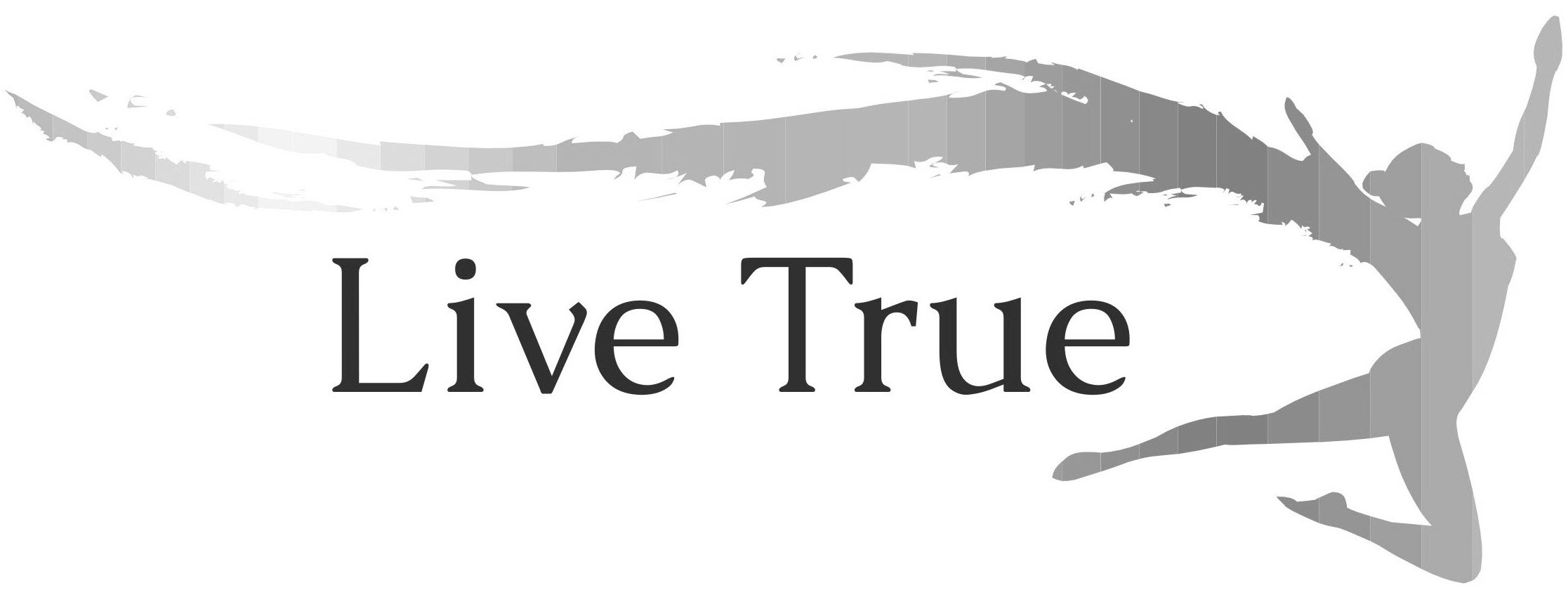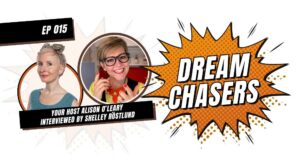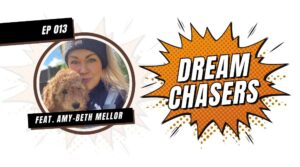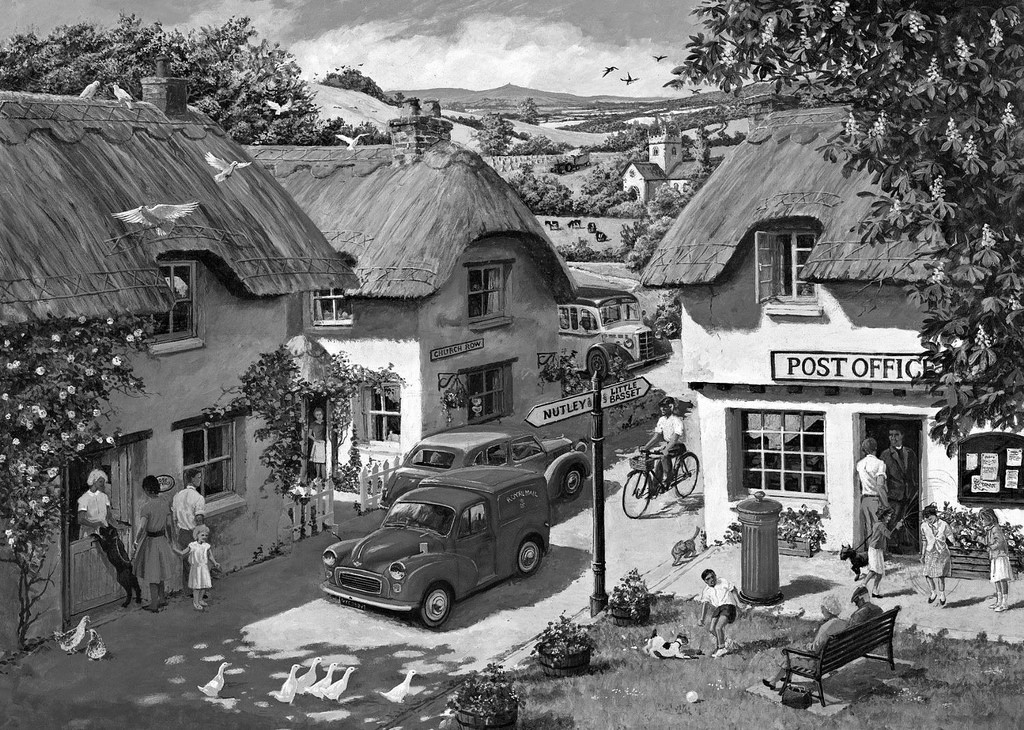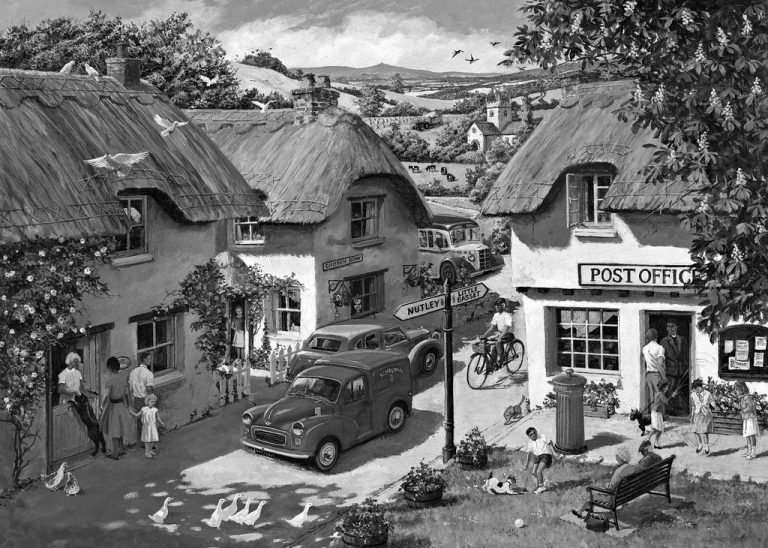How to choose a second career in your 40s and 50s
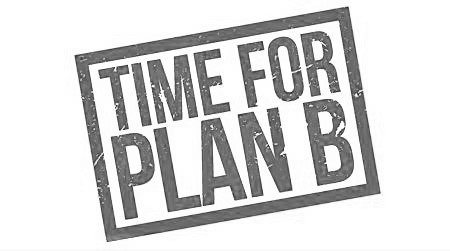
How do you want to spend the rest of your life?
If you’re like me and most other people, you probably choose or fell into your first career when you were too young to know beans about your options or yourself.
For entertainment, here’s how my story went.
I graduated with a degree in Media Arts.
Quite.
I’m still in the dark today about what that really was.
To make myself marginally more appealing to employers, I did a three-month course at my local college of further education to learn how to use a computer and touch type.
I landed my first job as an admin assistant.
Three minutes later I was so bored with admin that I started volunteering to help with any work that distracted me from the tedium.
By pure chance, that additional work was communications related.
Four months later I wrote my own job description and got the company to make me their communications co-ordinator (what I lacked in experience I appear to have made up for in sheer front!)
After 18 months I applied for every media job in The Guardian, flooding the market with my CV until I landed a job in PR.
Side note: I had absolutely no idea what PR was.
Fast forward 16 years and I’d had a successful climb up the communications ladder to the heady heights of Vice President and Deputy MD Europe for a global digital marcoms agency.
I can hear the oooohs.
Now there was just one problem.
The career that I had worked relentlessly to build to that point was most definitely not the one I wanted to work at for the rest of my days.
The truth was that communications had chosen me, not I it.
There was no conscious selection based on my passion for the field or my most intrinsic personal drivers.
I’d had no idea at 21 what those things were.
Which meant that at 37 I was in a quandary.
I was craving something very different.
Something more meaningful, purposeful and fulfilling.
Something that allowed for a life with more space, time and peace.
But what? How was I going to choose the right path to pursue?
When I got over the ill-fated idea of using my CV to guide my choice, I faced a different problem.
The possibilities were endless!
Should I start my own business?
Should I work for a charity or non-profit?
Maybe I should try a company in an adjacent field?
What about going back to school to train for a career in something else?
Perhaps I should turn a hobby into a job?
After floundering for what felt like an eternity, jumping from one idea to the next but never feeling confident enough to settle on one definite thing, I hired a coach to help me deal with some separate personal issues.
And then it happened.
Unintentionally, the questions my coach asked me helped me narrow down what I really wanted from my second career and corresponding lifestyle.
They provided some thought-provoking guidelines that stopped me peering down the wrong avenues and helped me investigate the right ones.
So if you’re struggling to identify your own ideal career path from all the options available, write down your answers to these five questions and see what the combined result tells you.
- What activity, type of work or support have you gravitated towards and undertaken in your professional or personal life, even when it wasn’t in your job description or expected of you?
- Would you be happier living somewhere else?
- When did you stop doing what you loved?
- If you could write a book to help the world, that was guaranteed to be a best seller, what would the title be and what would it be about?
- If it was guaranteed that you couldn’t fail, what would you do?
Like me, your answers might just direct your thinking and your ultimate second act
P.S. If you’d like some structured help coming to a clear conclusion on your second career, which takes into account your ideal life criteria, check out Work Wonderland.
Recent Posts
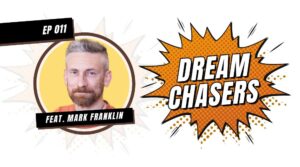
Beat Your Four Fears®. Bravely Step Towards Self-Employed Happiness
Avoid the “compensation” trap Are you a small business owner currently talking yourself out of the success you are entitled to? Or are you someone
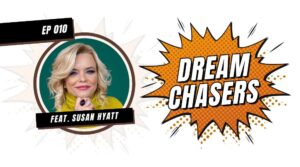
Bringing ‘Big Yes’ energy to everything you do. A career change born from a need to rediscover fun
Seek out your ‘Big YES’ opportunities Ever felt like you are tired and burnt out, despite earning a decent income and having the outward markers
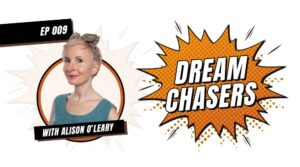
Pursue heartfelt happiness, above all else. Jeremy’s example to us all
Learning to reshape happiness for me These show notes give you some cliff notes as to what this episode is all about. This makes it
